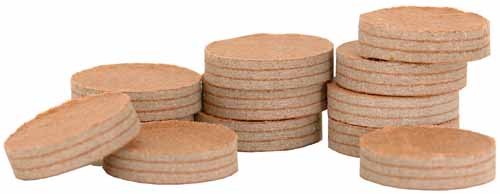

| .412" diameter, ideal for .40 caliber rifles, .125" over powder card, 1000, by Circle Fly Wads |
|
|||||||||
| Gauge | Black Powder in Grains | Black Powder in Drams | Shot |
| 10 ga. | 116 grains | 4-1/4 drams | 1-5/8 oz. |
| 12 ga. | 89 grains | 3-1/4 drams | 1-1/4 oz. |
| 14 ga. | 82 grains | 3 drams | 1-1/8 oz. |
| 16 ga. | 75 grains | 2-3/4 drams | 1 oz. |
| 20 ga. | 68 grains | 2-1/2 drams | 7/8 oz. |
| 28 ga. | 55 grains | 2 drams | 3/4 oz. |
